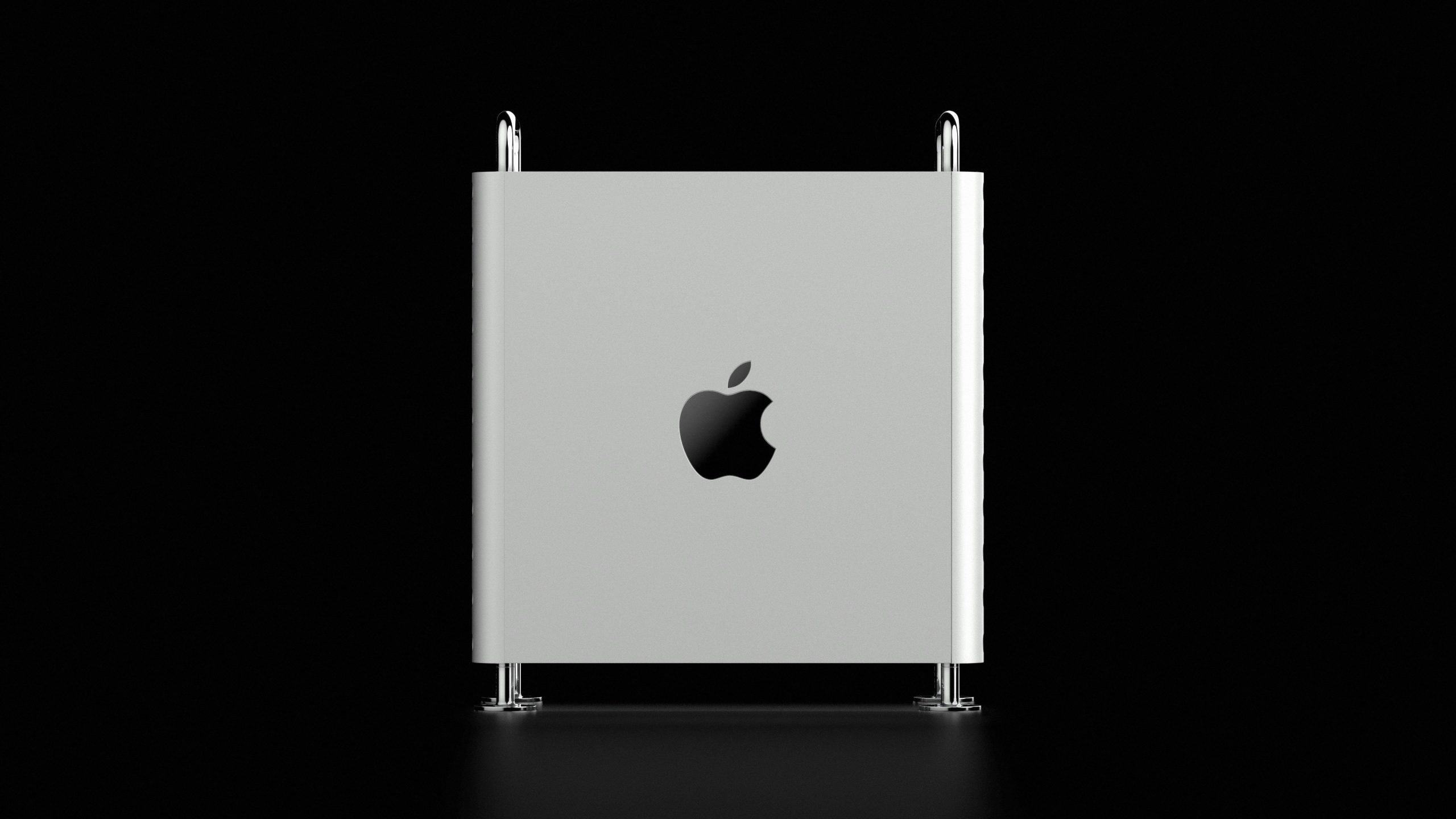CEO of Microsoft Satya Nadella: We are going to go pretty aggressively and try and collapse it all. Hey, why do I need Excel? I think the very notion that applications even exist, that’s probably where they’ll all collapse, right? In the Agent era. RIP to all software related jobs.
The Futuristic Vision of Microsoft’s Satya Nadella: A Shift in Application Paradigms
In a recent discussion, Microsoft’s CEO, Satya Nadella, expressed an ambitious vision for the future of software applications. He hinted at a transformative direction for technology that aims to integrate functionalities more fluidly, effectively questioning the necessity of traditional applications like Excel.
Nadella’s statement, “We are going to go pretty aggressively and try and collapse it all,” reflects a burgeoning trend in the tech landscape—an era where conventional software applications may become redundant as artificial intelligence takes center stage. He posited that the entire framework of applications as we know it may soon become obsolete.
Imagine a reality where complex spreadsheets and coding tasks can be managed through intelligent agents capable of generating solutions autonomously. “Hey, I’ll generate all of Excel,” he quipped, emphasizing the possibility of AI taking over tasks that once required significant human intervention.
This shift could signal a monumental change for professionals in fields tied to coding and traditional software roles. As we inch toward an era dominated by AI capabilities, those whose careers revolve around conventional programming might find their roles evolving or even disappearing altogether.
There’s no denying that the landscape is changing rapidly, prompting us to reconsider how we engage with technology and the skills we develop moving forward. As we look ahead, it’s worth asking—what will the future hold for software-driven professions in this new frontier?
While Nadella’s insights may seem daunting, they also serve as a reminder of the need for adaptability in an ever-evolving digital world. Embracing these changes and enhancing our skills in AI and automation could open up new avenues we may not yet imagine.














Post Comment